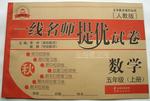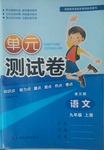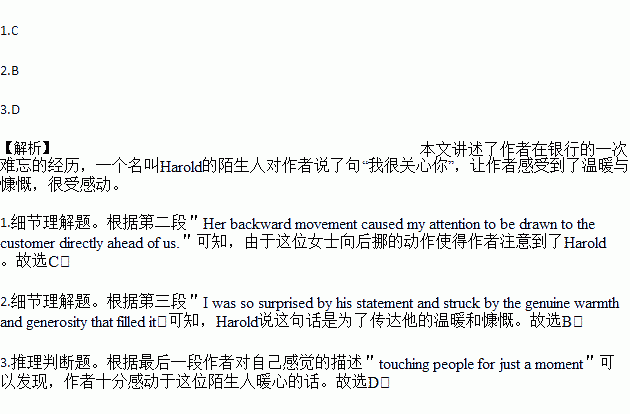题目内容
I stopped at my bank last week to deposit a check. I could have used the ATM, but I am so glad that I didn't because if I had, I probably would not have met Harold.
There were 3 or 4 people ahead of me in the line-up, so I amused myself by watching TV, just waiting my turn. Moments passed. Then, directly in front of me, a tiny elder woman, who was now first in line, started toward one of the counters. But the customer before her didn't finish, so she had to step back. Her backward movement caused my attention to be drawn to the customer directly ahead of us. As he was facing the counter, I could see only his white hair and the bright red team jacket. I heard him say to the teller in a deep, strong voice..."Have a Great Day!" and the teller replied, "You too, Harold-see you next week!"
The impatient woman again made her move, heading for the counter. As she passed him, Harold looked up, directly at me, saying, "You are a handsome man, sir." I was so surprised by his statement and struck by the genuine warmth and generosity that filled it that I blurted out "Thank you, sir." instantly reaching out to shake his hand, out even realizing that he was walking with a walking stick. He switched it to his left hand and took my hand in his warm and firm grip. "I really care about you!" He spoke again. Then he reached out to the next person in line and said, "I really care about you, too!"
I was so overcome by his innocent and sincere gift! He was like a 4-year-old, who walked up to everyone, inviting them to play with him. I wondered to myself afterwards. How was he attained this state of grace? Imagine the warm feeling he leaves behind his as he sails through this world, touching people for just a moment. He dropped a stone into the peaceful ocean of my reality that is still rippling outward as you hear and hopefully, some of what Harold so unselfishly pass on to me, that in attempt to pass on to you—I really care about you!
1.What made the author notice Harold?
A. The woman's impatience.
B. Harold's deep and strong voice.
C. The woman's backward movement.
D. Harold's white hair and bright red team jacket.
2.Why did Harold say "I really care about you!" to the author?
A. To express appreciation for his help.
B. To pass on his warmth and generosity.
C. To praise him for his being handsome.
D. To greet his old friend in a special way.
3.What can we learn from the last paragraph?
A. Harold gave a gift to the author.
B. Harold liked to play with others.
C. Harold's words attracted people.
D. Harold's words touched the author.
 一线名师提优试卷系列答案
一线名师提优试卷系列答案 阳光试卷单元测试卷系列答案
阳光试卷单元测试卷系列答案
